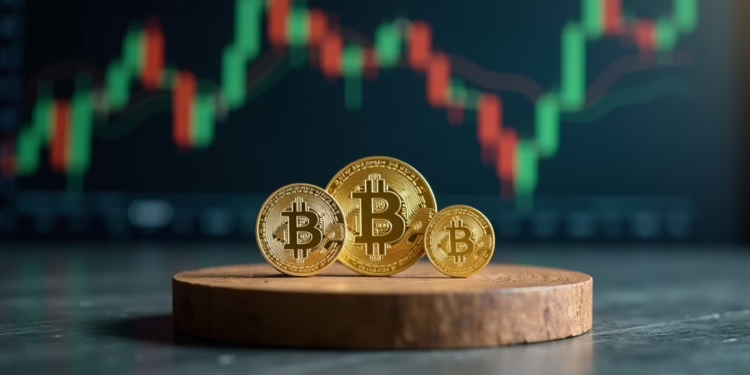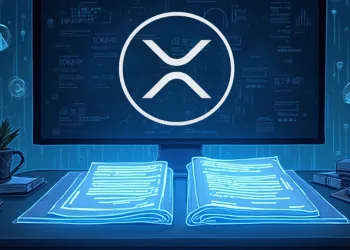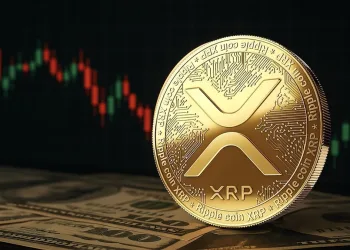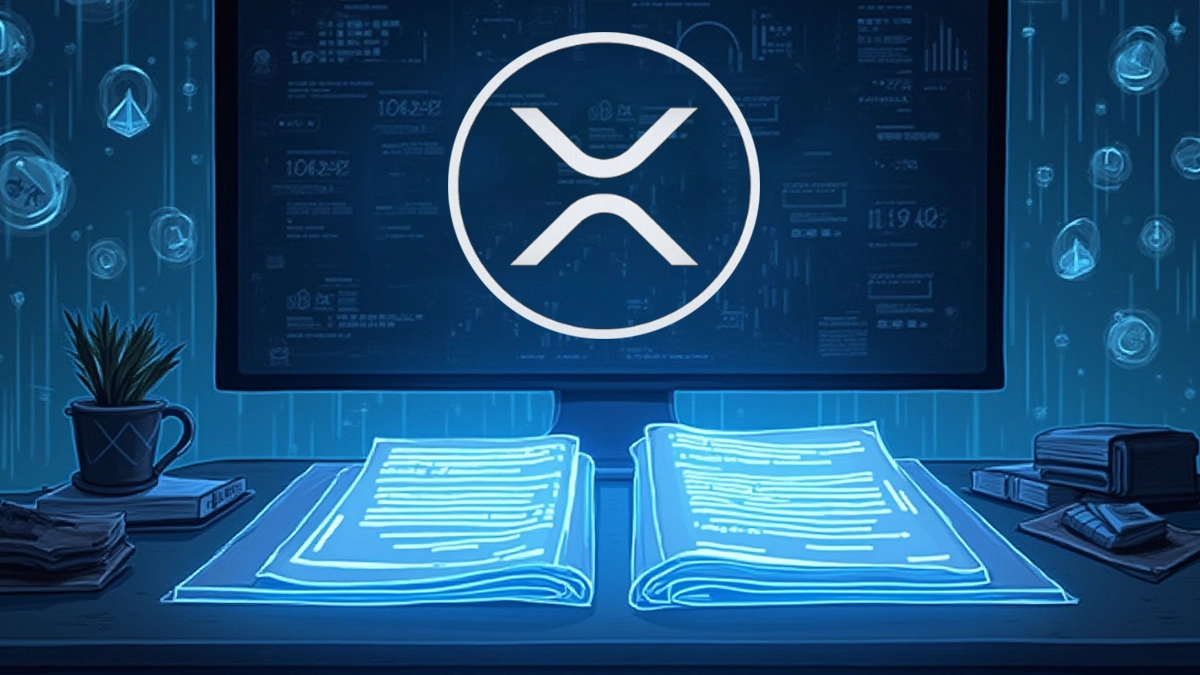- Peter Schiff warns that selling U.S. gold for Bitcoin is a ploy to boost prices for insiders while weakening national reserves.
- The Bitcoin Act of 2025 proposes using gold reserves to buy 1M BTC, leading to debates on its impact on U.S. assets and global markets.
- Experts fear U.S. gold sales could be absorbed by China and Russia, strengthening their reserves and challenging the dollar’s dominance.
The White House is reportedly considering selling gold reserves to acquire Bitcoin, a move that has led to strong reactions. Bo Hines, executive director of the President’s Council of Advisers on Digital Assets, stated that using gold to fund Bitcoin purchases is “on the table.”
This initiative aligns with the Bitcoin Act of 2025, backed by Sen. Cynthia Lummis, which aims to help the U.S. secure 1 million Bitcoin. However, critics, including economist Peter Schiff, argue that the council’s primary objective is to push Bitcoin prices up for insiders to profit. Schiff also dismissed the Bitcoin Act, claiming it has minimal Republican and no Democratic support.
Hines Advocates Bitcoin Act for U.S. Crypto Dominance
Hines pointed to the Bitcoin Act of 2025 as the legislative framework supporting this potential shift. The act proposes that the U.S. sell Federal Reserve gold certificates to fund the purchase of 1 million Bitcoin, approximately 5% of its total supply.
This approach, he argued, would boost national Bitcoin holdings without impacting taxpayers. The plan aligns with former President Donald Trump’s stance on making the U.S. a global leader in Bitcoin.
Trump has been vocal about his goal to strengthen American assets rather than diminish them. However, the broader crypto market is volatile due to macroeconomic uncertainties, raising questions about the feasibility of the strategy.
Experts Debate Impact on Gold and Global Markets
Reactions to the proposal have been mixed among financial analysts and crypto enthusiasts. Dom Kwok, a former Goldman Sachs investment banking analyst, noted that selling gold to acquire Bitcoin could significantly reshape U.S. crypto policy.
He also suggested that such a move could pave way for future government acquisitions of digital assets. However, under Trump’s executive order, only Bitcoin would be acquired, with no plans to purchase altcoins. Skepticism is high within the financial community.
Some believe that using gold reserves for Bitcoin purchases may not be the best approach. Some say they would prefer taxpayer funds to be used for Bitcoin purchases rather than gold reserves. Meanwhile, Max Keiser, a Bitcoin advisor to El Salvador, warned that any U.S. gold sales could be quickly absorbed by Russia and China.
Keiser suggested that these nations might leverage the gold to support a new gold-backed stablecoin while also expanding their Bitcoin reserves. He added that a gold-backed currency and significant Bitcoin holdings could challenge U.S. dollar dominance.
Trump’s Stablecoin Plans and Market Reactions
Trump’s stance on digital assets extends beyond Bitcoin acquisitions. His administration has pushed for making dollar-backed stablecoins more dominant in the global financial market. This comes after his trade tariffs were linked to a $1 trillion market downturn.
If the Bitcoin Act passes, it could potentially increase Bitcoin’s market value and shift the outlook of the global financial system. However, with uncertainty over the bill’s legislative support, the outcome remains unclear.














